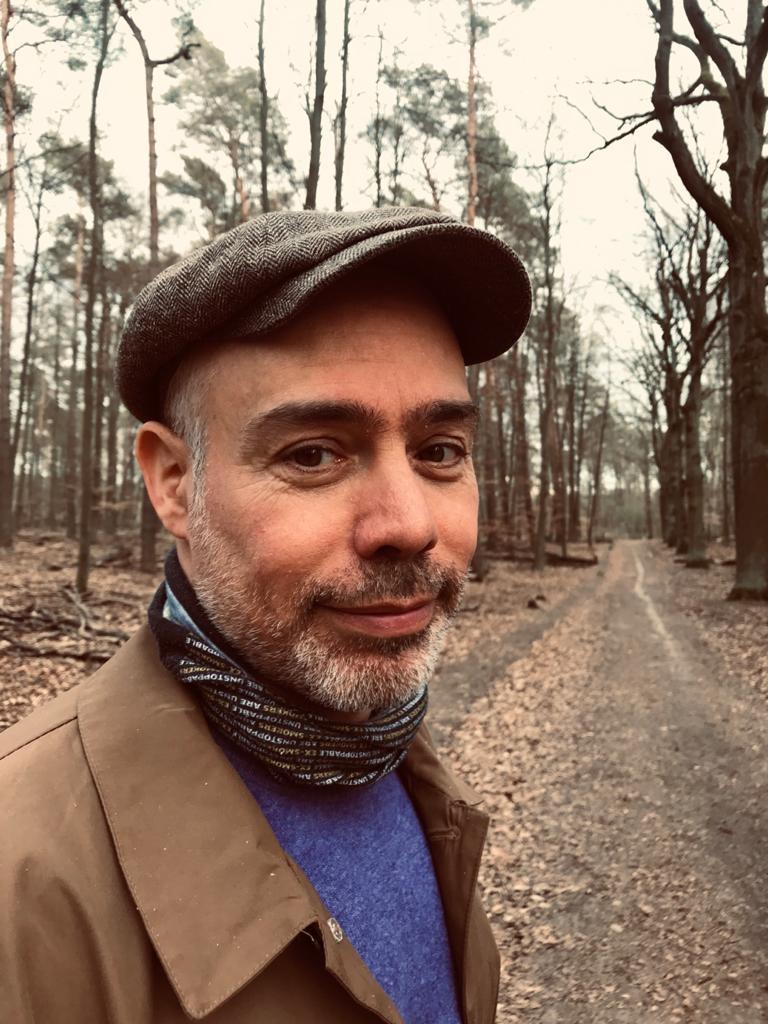István Pál Ádám
This research project focuses on the history of occupational groups in the light of post-Second World War transitional justice documents. It analyses the intense activity of Holocaust survivors within the denazification committees that were set up in most professional clusters in 1945, as part of a larger anti-Nazi screening of Hungarian public life. Through the retelling of wartime anti-Jewish incidents and other conflicts, these procedures give a complex picture of how certain professional groups tried to cope with upheavals of the war and attempts of state intervention. In the framework of the anti-Jewish exclusionary atmosphere of the epoch, I ask questions about professional competition, leadership, respectability and professionalization, the marginalization of Jewish professionals and the control of knowledge. I am also interested in the ways of solidarity towards persecuted colleagues and towards Jews in general. Furthermore, I aim to show how greater state control of certain occupational groups could result in more support for anti-Semitic political notions among the colleagues belonging to these vocational clusters. By using a micro-historical method, this archival material can give scholars a better understanding of the daily life of Jews and non-Jews during and immediately after the Second World War.

